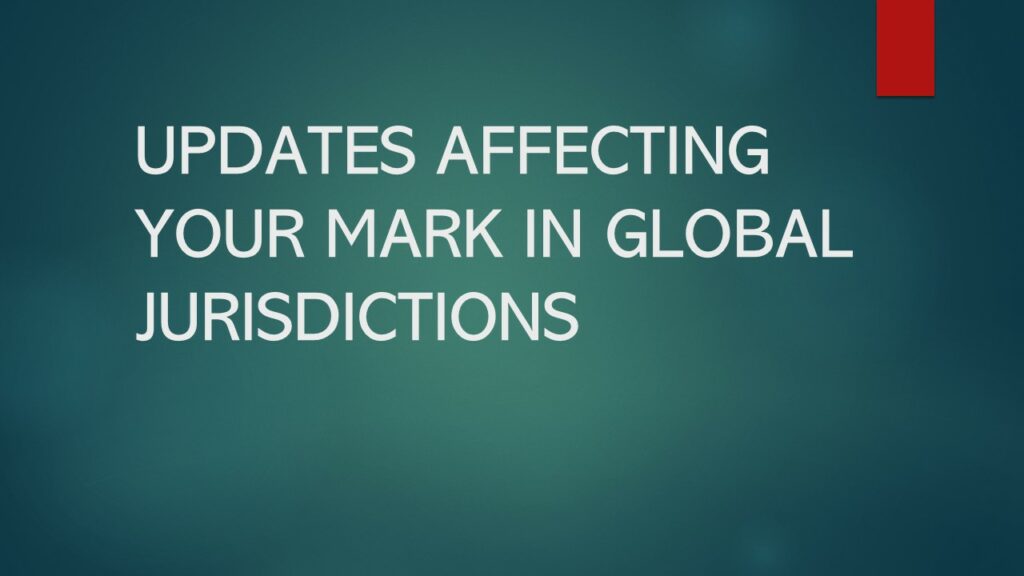
Tel: : 416-748-9236

The Madrid Protocol recently celebrated a milestone – the 1.5 millionth registration of trademark on the platform (Colombian textile brand Coltejer) . In 2019, Canada was among three countries that joined the Madrid Protocol (Brazil and Malaysia were the new entrants). This is momentous. The Madrid Protocol is an international registry system that makes possible the filing of one application to effect registration in several countries. Since Canada recently ratified the treaty in its jurisdiction, Canadian entrepreneurs can now use the platform to register trademarks globally. It is important to note a few things where the Madrid Protocol is concerned:
Applicants can file a single application, pay one fee, and seek registration for their marks in more than one jurisdictions (there are 122 countries that have signed on to the Madrid Agreement, applicants can choose from those list, based on a well-thought out trademark and IP strategy – [recommended]).
It may prove to be a cost-effective and time saving way of registering international trademarks, but not all the time. Depending on the chosen jurisdiction, applicants may experience more delays than when filing a national application for trademarks. For example, in China, Madrid Protocol applications take between 12-18 months to be examined. Trademark registration certificates are not issued for marks registered under the system. Applicants will need to pay an additional fee to obtain registration certificates in China, for applicants submitted via the Madrid Protocol.
It is an administrative system. The Madrid Protocol takes care of some aspects of the administrative requirements necessary for filing trademarks abroad. It cannot deal with matters that would prevent the mark from being registered in foreign jurisdictions. Therefore, if the mark is challenged, say on grounds of similarity with another mark, or use, generic-ness, or obscenity, the applicant will need to seek additional legal counsel to address the matter.
International Trademark Registration is subject to the renewal and maintenance requirements in each jurisdictions. The point is that some jurisdictions may have different renewal periods, and trademark holders will need to be mindful of these dates.
For the first five years of the registration, the validity of the international registration is dependent on the home filing registration. Therefore, if during the first five years of the international registration, the Canadian registration is abandoned, or cancelled, the international registration loses its validity. In short, the mark would not be protected in the international jurisdictions where registration was granted.
The Madrid Protocol is an international treaty. However, if a country is not a member to the treaty, then the trademark registration system is not available to the national of the country. This makes sense since the treaty has no life unless it is ratified and incorporated into domestic law.
This post is for general information and is not meant to be legal advise. For advise on Canadian and international trademark registrations contact: [email protected]